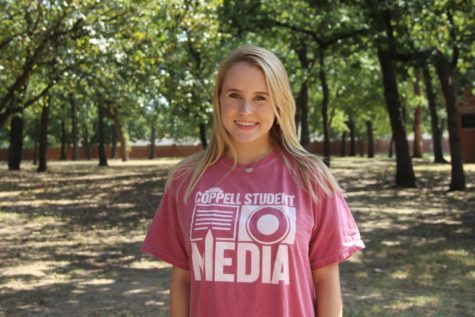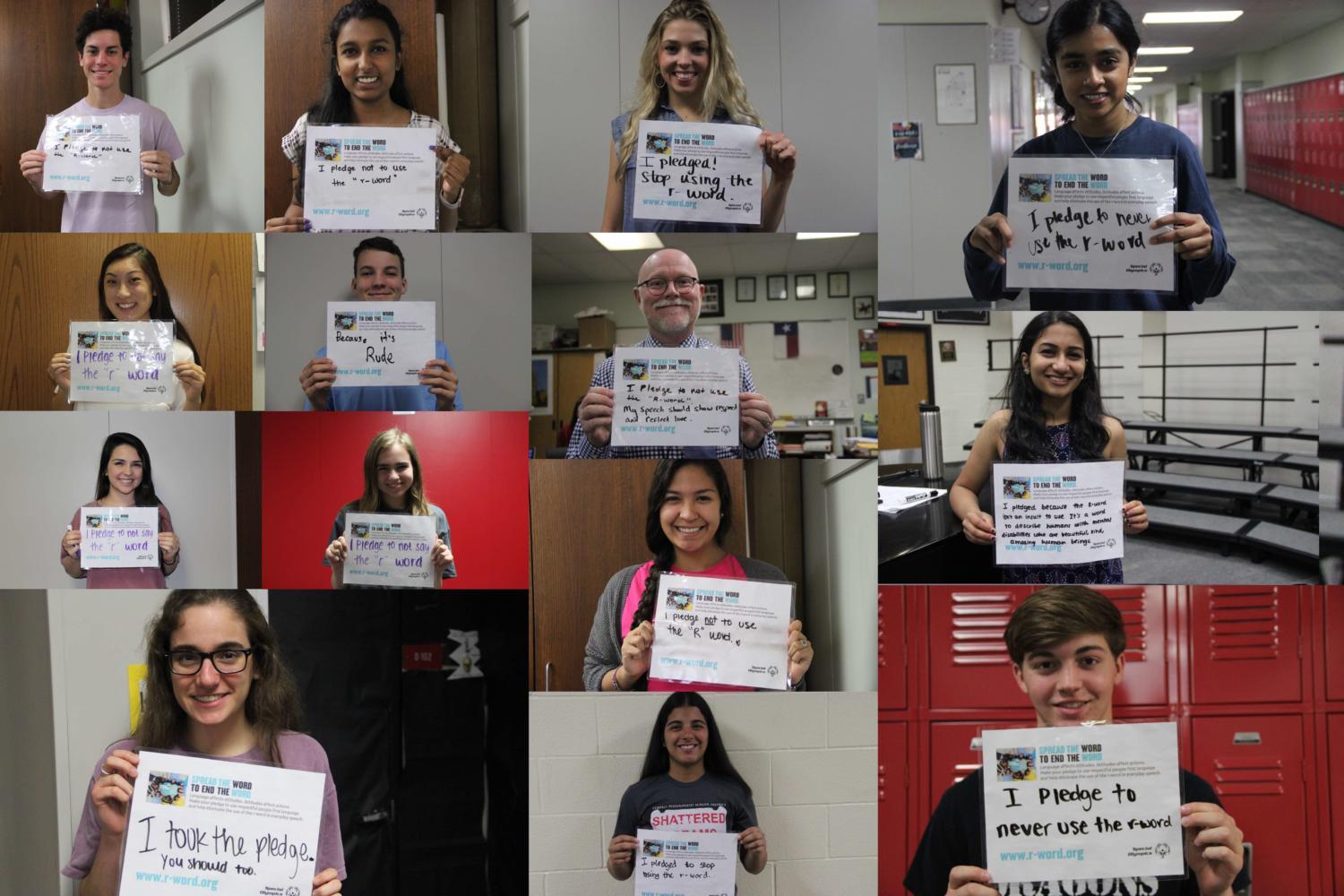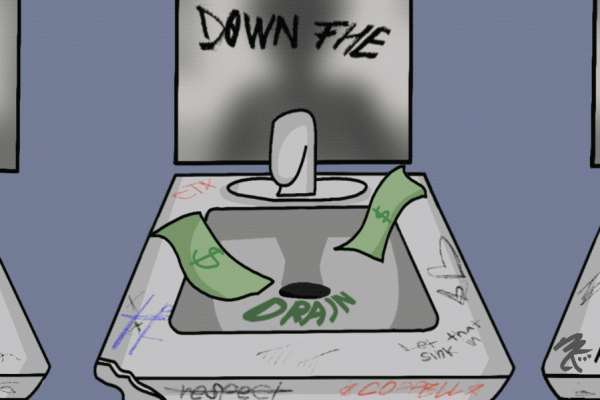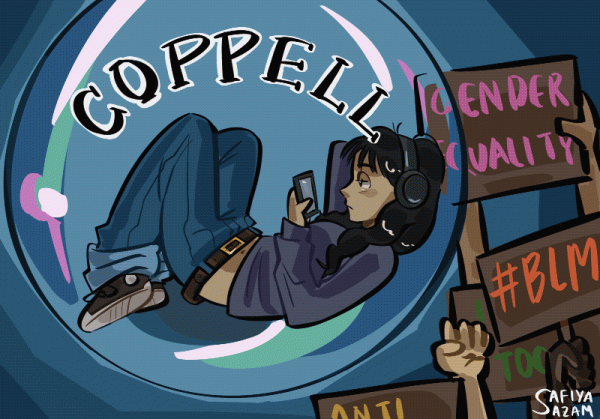Standardizing a slur: Use of “retard” in its pejorative form turns word into derogatory term
Students and teachers pose with their pledge statement. They signed the pledge on r-word.org to stop saying the r-word. Photos by Amelia Vanyo and Katie Wiener.
The sign hanging in Montgomery High School in Montgomery, Texas stared at me, its message drilling into my mind. “I pledge to stop using the ‘R’ word.”
The r-word may not yet be known universally as a slur, but surely – or hopefully – it is well on its way.
“It’s a very old word,” said Susan Bryant, mother of Coppell High School junior and special needs student Cole Bryant. “People that use it are not nice people.”
The word has become interchangeable with “moron” and “idiot” among teens, and is a common punch line to harsh jokes about the stereotypes of individuals with an intellectual disability. So while the word’s meaning was not originally a negative one, its use as a derogatory term has made the r-word a biting insult, even when used in its original and intended sense.
“It’s a very hurtful word to people with intellectual disabilities,” said Ben Collins, an athlete and employee for Special Olympics. “It puts people down. You want to be positive instead of negative in life.”
Ben has experience giving speeches about the r-word, where he encourages people to take the pledge to stop using the hateful word.
Not only has the connotation of the word changed, the word’s legal use has also changed. In 2010 Rosa’s Law officially changed the legal term “mental retardation” to “intellectual disability,” in federal health, education and labor policy.
But while the law changed, people’s vocabulary did not. Across the United States and our community, people continue to use the r-word not only as a purposeful insult, but as an accidental attack.
“I had a teacher, actually, use that word to me about Cole when he was in elementary school,” Bryant said. “I was in a meeting and she told me that he was [mentally retarded] and I just started crying. That was the end of the meeting for me. I was done. That is not what defines my child.”
Some do not even realize that the word has been used in its pejorative form so much that it has become a derogatory word, while others use the word almost solely because it is.
It may take people encouraging their friends to take the pledge, it may take teachers calling out students when they hear the word, it may take parents and students speaking out against the word’s use.
Whatever it takes, recognizing the word for what it is – a slur – will take time and effort. It will take school wide action, world wide lessons and universal acceptance of the words hurtful meaning.
Follow Amelia @ameliavanyo

Amelia is a senior and has been a part of The Sidekick for two years. This year she is serving as the paper's Editor-In-Chief and Executive News Editor....









Briana Thomas • May 26, 2017 at 1:46 pm
So happy you did this story! Very well written + we are all often hesitant to correct ourselves/our peers when the term is used. Hopefully this will help/ educate people on it.